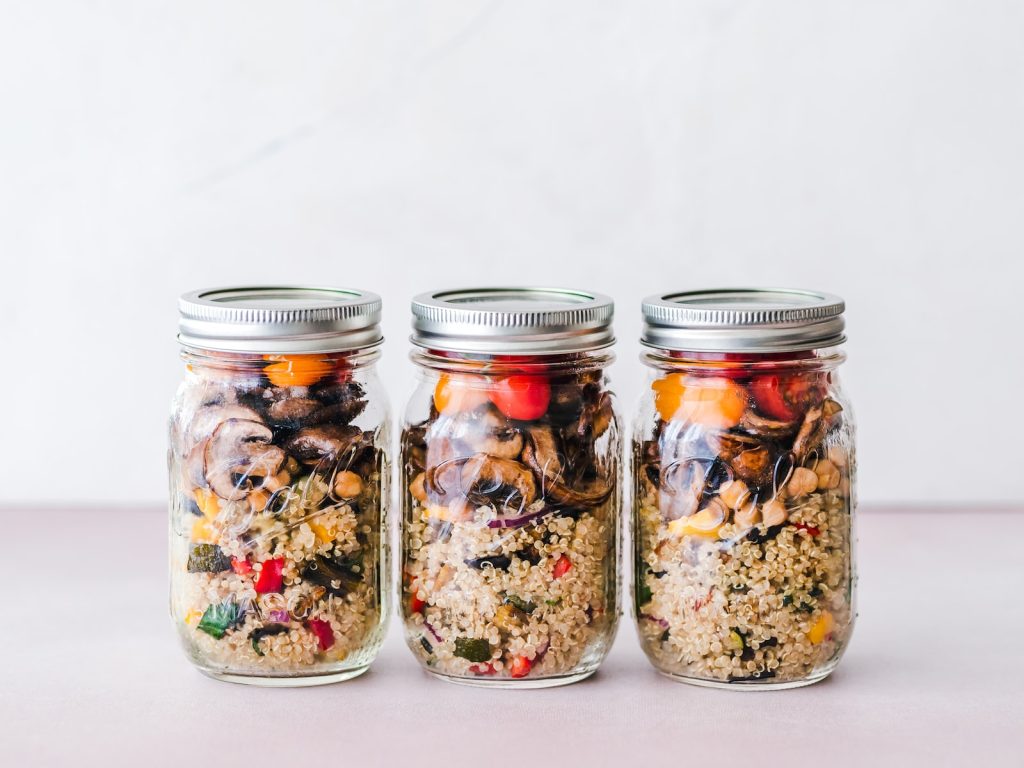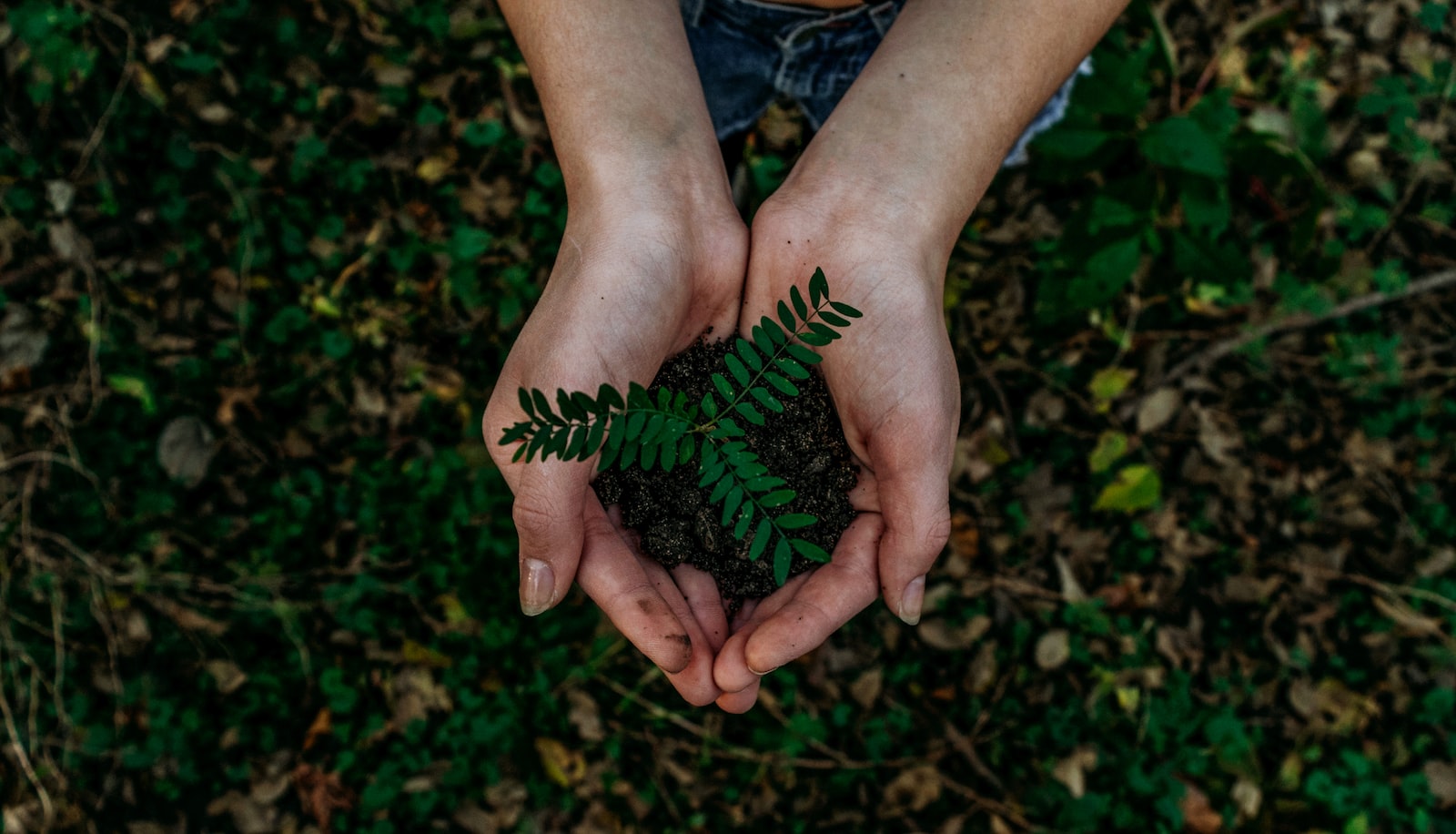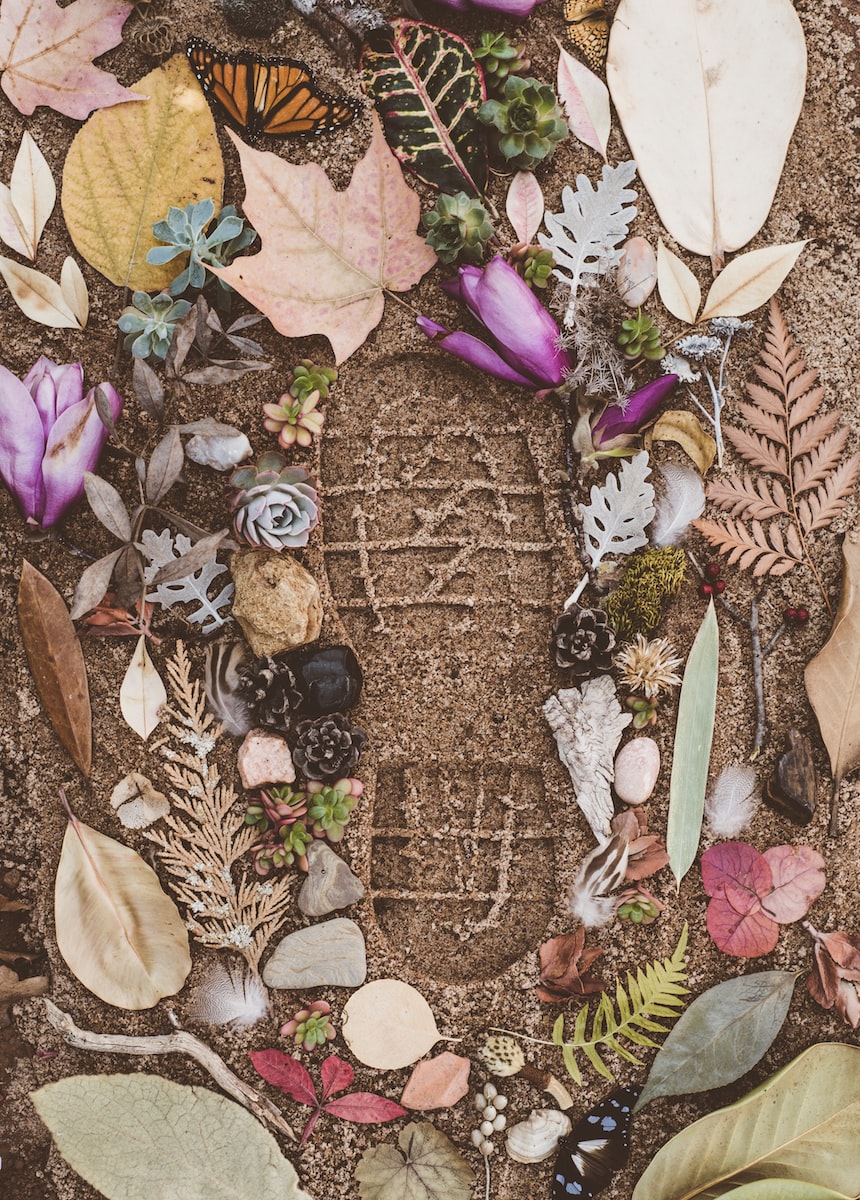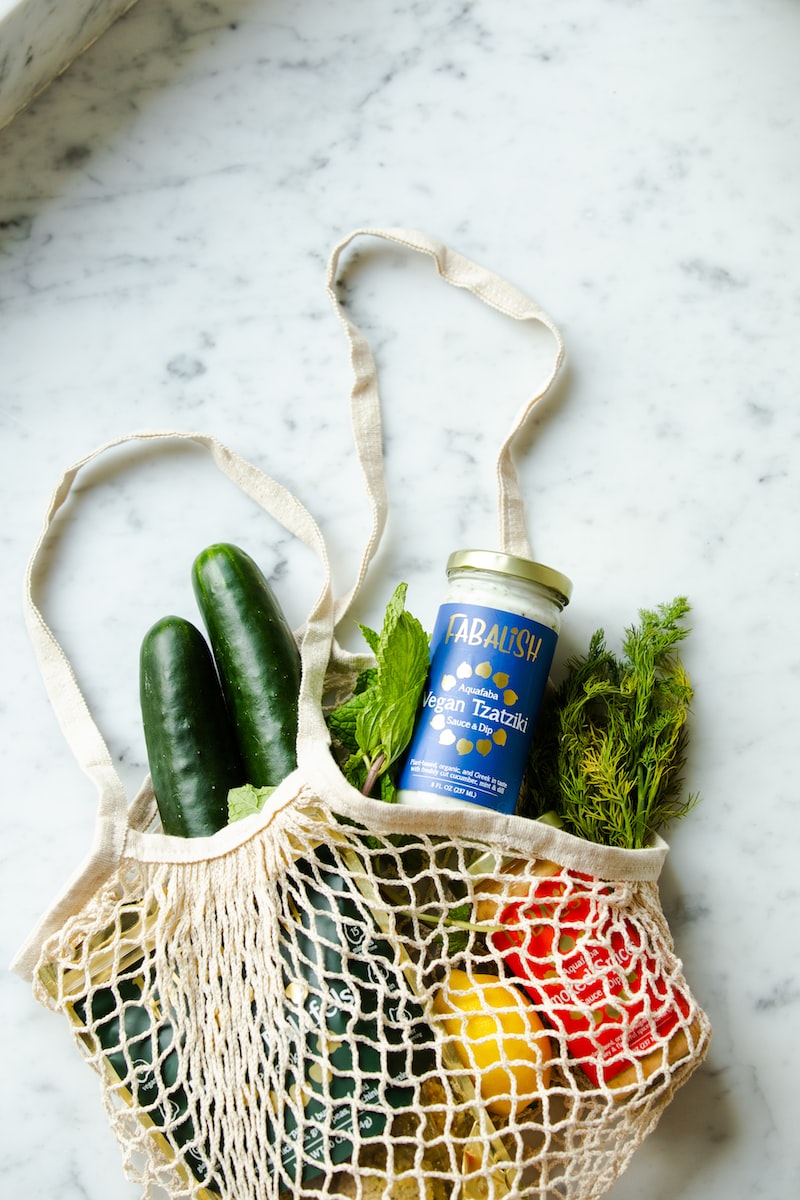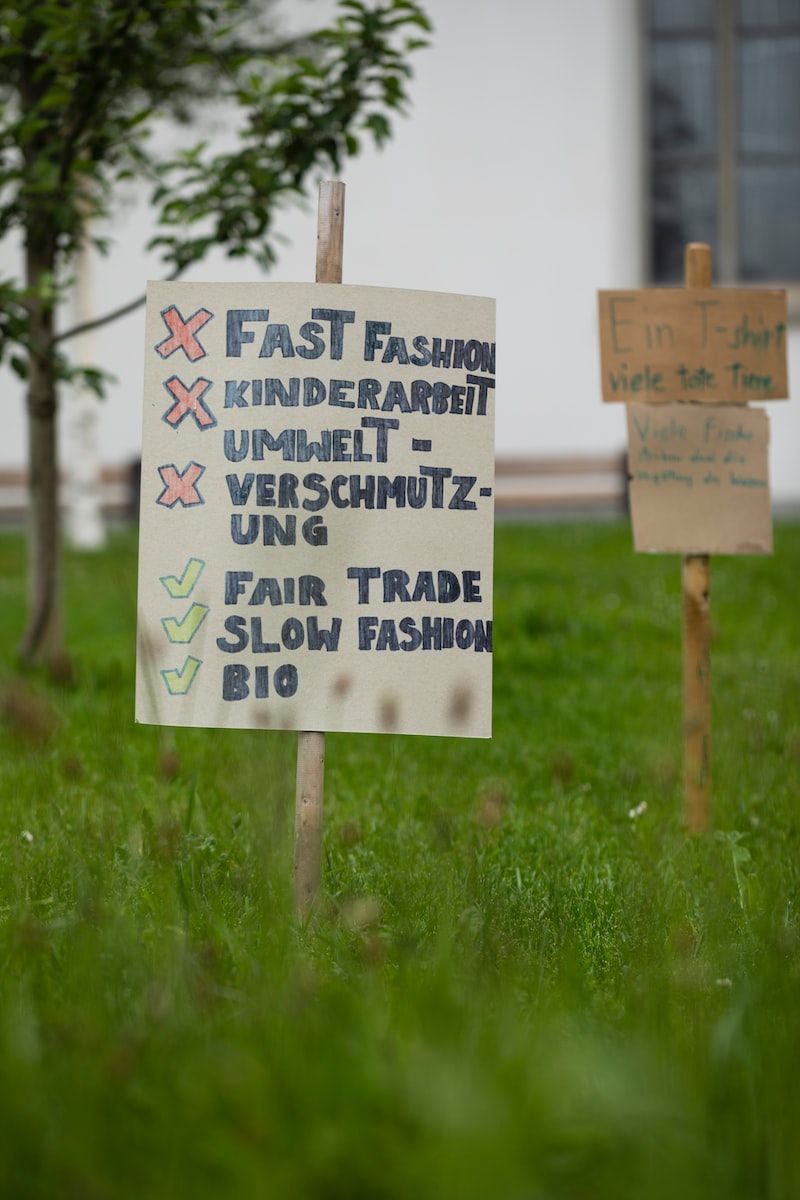Food waste is a bigger problem than many people realize. It is a huge global issue that does not look like it is getting any smaller. Nearly one-third of all food produced in the world is discarded or wasted for various reasons. This equates to approximately 1.3 billion tons of food waste every year (Food and Agriculture Organization of the UN). This has social, environmental, and economic consequences.
Why should we care?
The worrying point is it is not just the food or your money that gets wasted but also:
- Growing, processing, and transporting food all require significant resources such as land, water, energy, and labor. Every gram of food waste carries with itself the environmental weight of those wasted resources.
- Discarded food increases greenhouse gas emissions and contributes to climate change.
- Food waste is a clear indicator of economic inequality in the world. While there are people who can afford to throw away food, there are still as many as 828 million people that still go hungry every day.
Given that the Earth’s resources are limited, we cannot afford just to throw food away. We are facing an impending climate crisis, and this is in part due to wasteful behaviors: we buy too much food or let it go bad. These habits put extra strain on our natural resources and damage the environment.
Small Changes, Big Impact
By making small changes in how we manage our food each day, we can make a big difference to our overall food waste. We do not have to become food waste activists, instead, there are plenty of small steps we can take. Once you start thinking about food waste, there will always be something you can do to avoid it. Here are 14 ways to reduce your food waste at home.
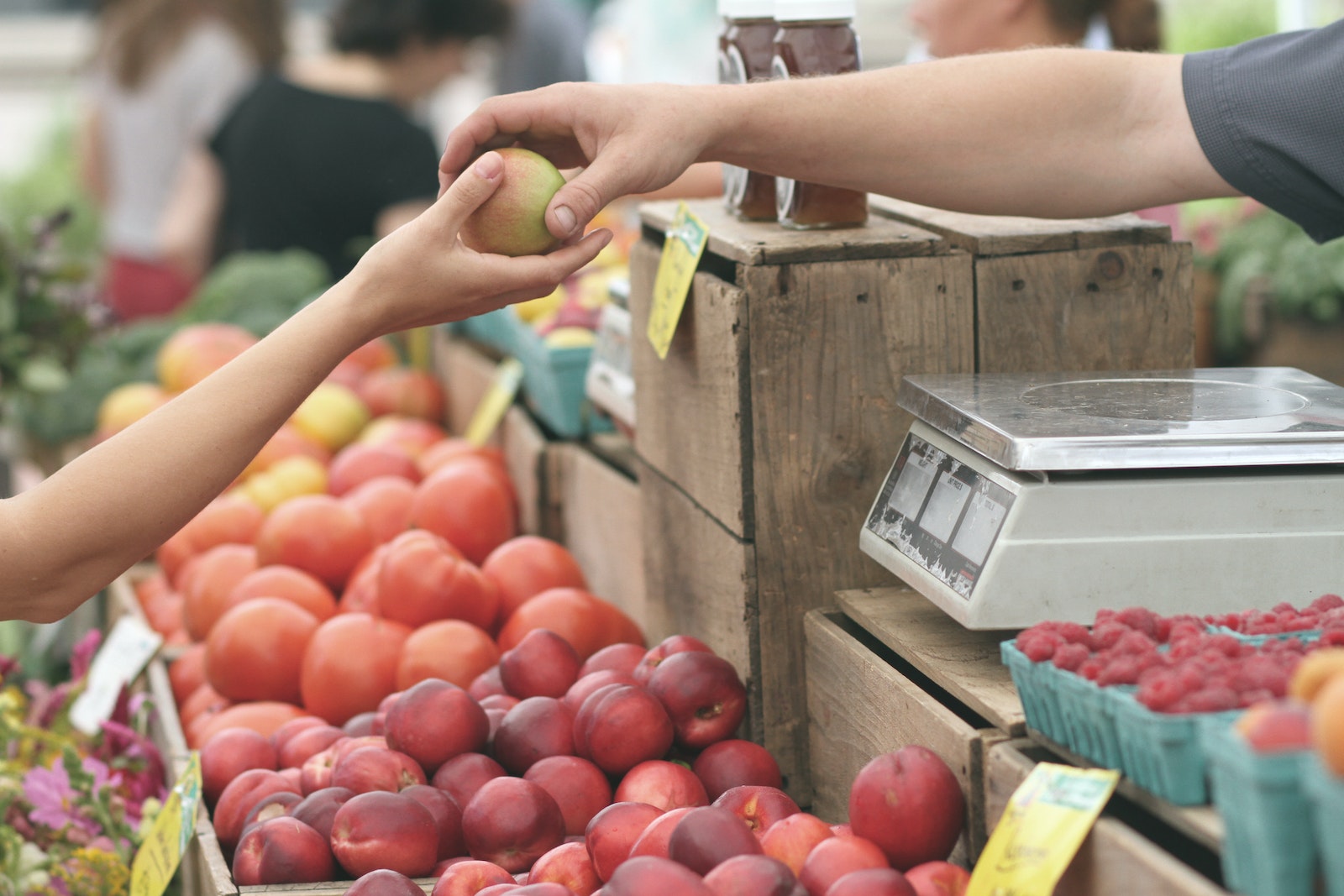
In Shopping: Only buy the food you need when you go shopping with proper meal planning. Taking time to plan before you shop can save you time and money. To do so, we suggest you consider the following:
1. Make a shopping list: Adding to a shopping list as you run out of products is a great way to keep track of what you need. Make it a habit to check your cupboards, fridge, and freezer before going shopping so you know what you have and what you need to restock. Another tip – try and shop as sustainably as possible.
2. Make a meal plan: Think about what you want to eat in the coming days or weeks. Plan meals that include ingredients you already have. By including recipes with similar ingredients, you can plan to use up fresh produce.
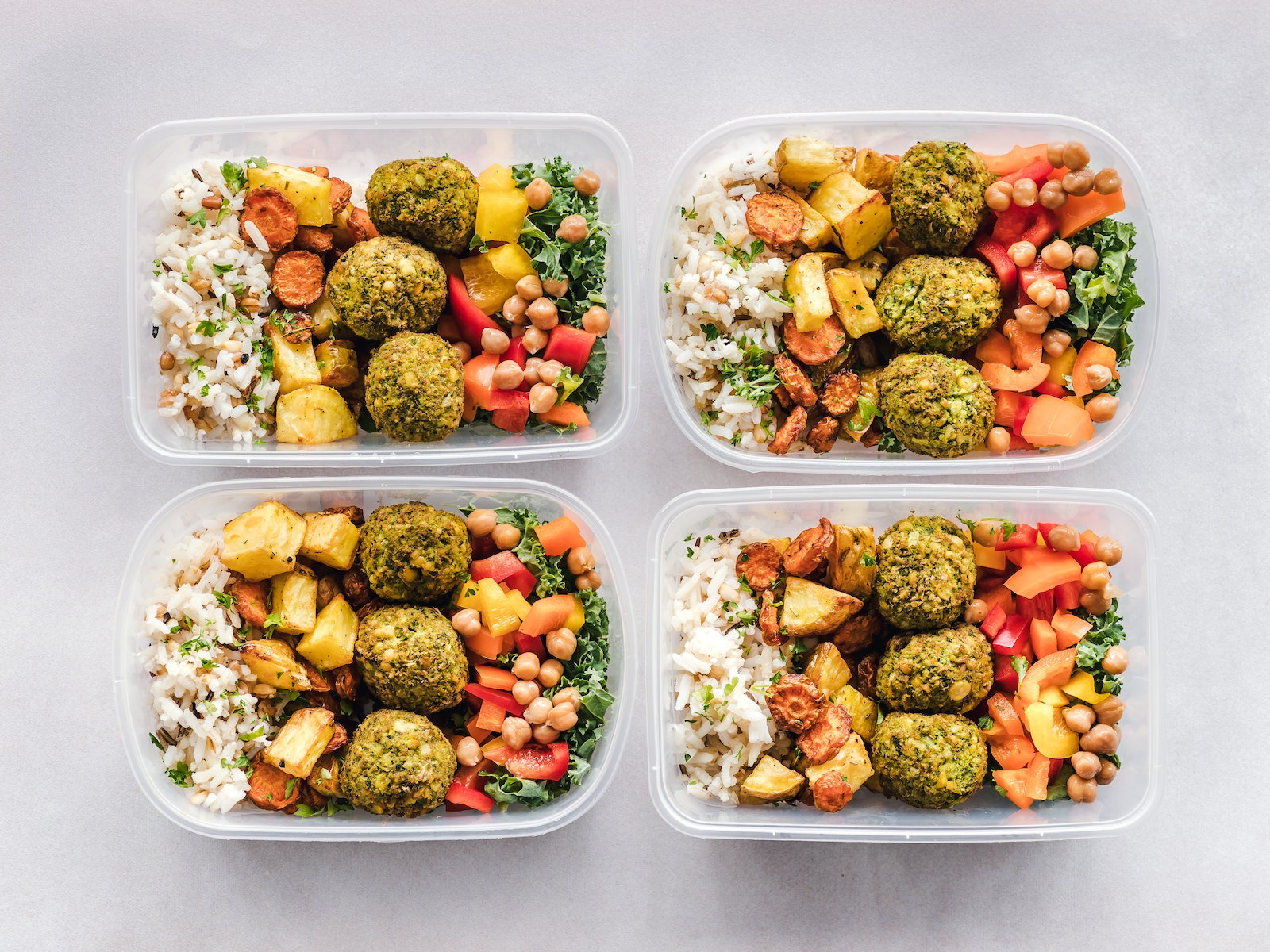
In Storage: Temperature, humidity, and light can have a big impact on food quality. Storing food correctly will help it last as long as possible. It will also help maintain its nutritional value and ensure it is safe to eat.
3. Store food wisely: Different foods need different environments to stay as fresh as possible for as long as possible.
4. Keep your refrigerator in order and use containers: Move older products to the front of your cupboard or fridge and new ones to the back. Use airtight containers to keep open food fresh in the fridge and ensure packets are closed to stop insects from getting in.
5. Know the dates: Remember, there is a difference between the ‘Use-By’ date and ‘Best before’. The use-by date is a safety deadline when you can eat or freeze food up until the indicated date, and after that, it could make you unwell. The ‘Best Before’ date is a guideline to indicate food quality, so food is still safe to eat after this date. Make a habit of checking use-by dates on perishable food and eating or freezing it before the deadline is up.
6. Keep an eye on perishable food: Scan fruit and vegetable regularly for anything that is starting to spoil and remove it immediately as any gases from rotten produce can hasten the decline of other items. The main reason we throw out food is not eating or freezing food before its use-by date passes.
7. Know your fridge zones: Different sections of your fridge will be best suited to different types of food so know where to best place each category of item.
8. You can freeze more than you think: You can freeze everything from raw onions to leftover herbs, homemade sauces, and stocks to fresh milk and cream. Freezing fresh produce is an easy way to make it last as long as possible, e.g., freezing fresh herbs in an ice cube tray of olive oil to drop into a pan when cooking, or adding berries or chopped bananas to a freezer bag for smoothies. Check out our ultimate guide to freezing foods properly.
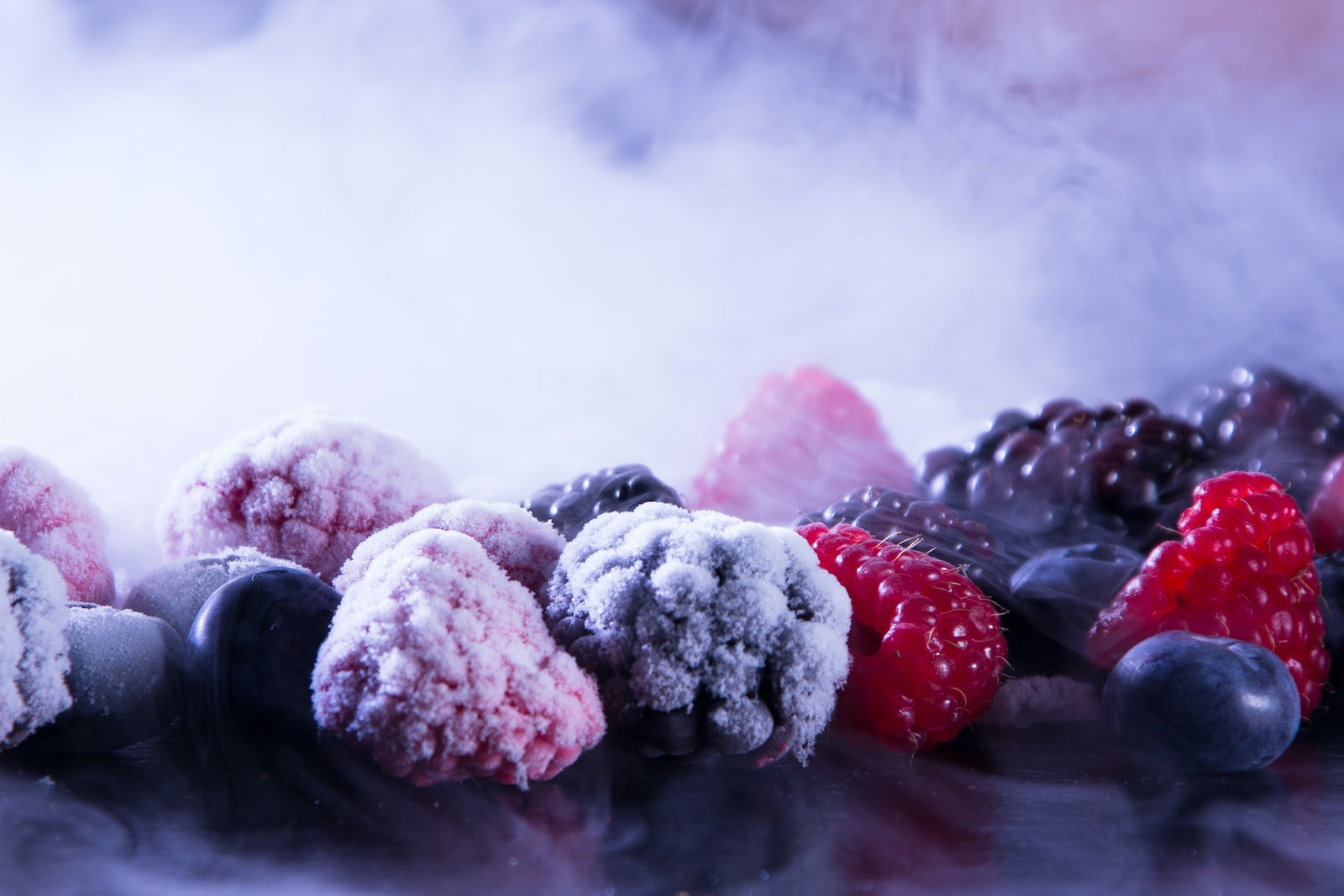
In Cooking: Whatever your expertise in the kitchen – there are lots of small steps you can take to stop food waste when cooking.
9. Make the most of what you have: Fresh fruit and vegetables are one of the most common waste items. Adding an extra serving to your meals is a great way to use up what you have e.g., adding fruit to your breakfast cereal, a side salad with lunch, or an extra serving of greens with dinner.
10. Measure out what you need: Most product packaging will include guidance on portion sizes, which you can increase or decrease depending on your appetite or how many meals you are preparing.
11. Love your leftovers: Leftovers are one of the most common reasons why we waste food. Use up leftovers to make new meals or freeze them for a tasty meal next time.
12. Support local food producers: By buying local produce, you support family farmers and small businesses in your community. You also help reduce your CO2 footprint as delivery distances for trucks and other vehicles will be shorter when buying locally.
13. Respect food: Food connects us all. Re-connect with food by knowing the process that goes into making it. Doing so makes you appreciate the food available to you even more.
14. Composting: Even with all of our efforts to prevent it, there will always be some food waste to manage. Composting is a great way to get a final use out of food. It turns organic materials like garden waste and vegetable food scraps into a dark, crumbly, and earthy-smelling material called compost. Compost is rich in nutrients and is great to use for your garden, shrubs, or even indoor potted plants. So consider building a compost bin in your garden or balcony.
And final words, always remember every day is a new day to reduce and avoid food waste.
Check out the faircado magazine for more tips and tricks on how to live a more sustainable life.
